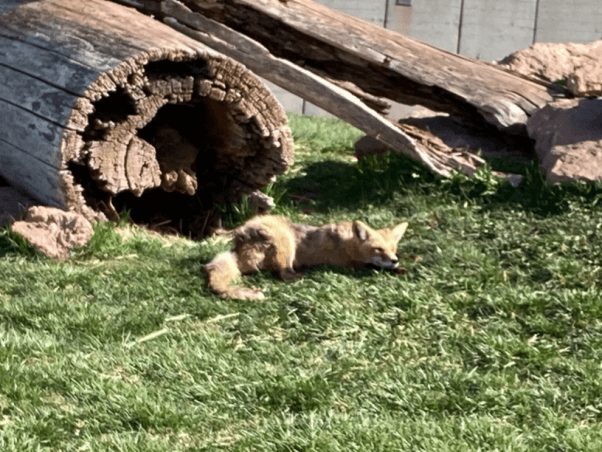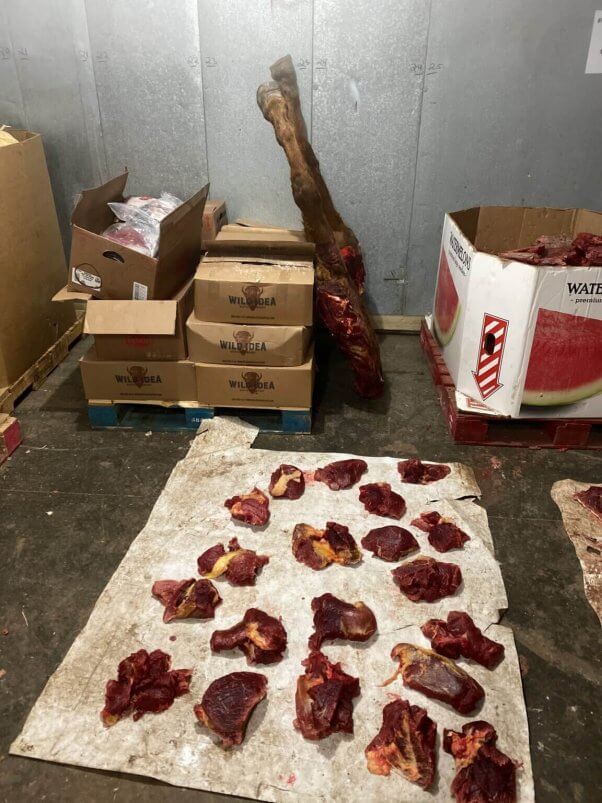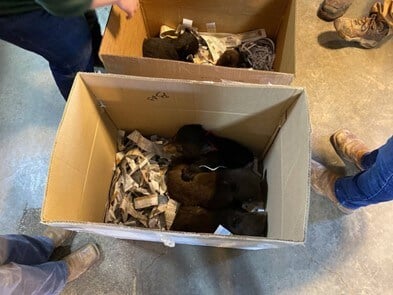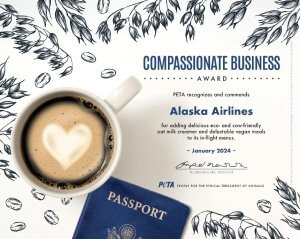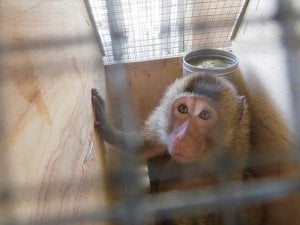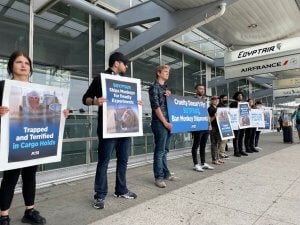A PETA undercover investigation revealed babies violently ripped from their mothers and sick animals languishing in pain were just part of business as usual at Bear Country U.S.A. in South Dakota. The investigation at this shoddy roadside zoo exposed workers admitting to tormenting mother bears and their newborn cubs with fireworks, a fiberglass pole, and chainsaws.
Birthing season is rapidly approaching for the bears held at Bear Country U.S.A. Learn these five fast facts so that you can help prevent future generations from suffering at the facility:
5 Things to Know About Bear Country U.S.A.
- Following PETA’s investigation between March and July 2023, Bear Country U.S.A. was cited by the U.S. Department of Agriculture for causing “trauma, behavioral stress, physical harm, or unnecessary discomfort” to the bears on its premises. The agency has also cited it for allowing lynx to repeatedly escape from an enclosure.
- The investigation also revealed that animals at the roadside zoo were denied timely veterinary care. A thin 17-year-old red fox named Mama was observed missing significant amounts of hair and showing obvious signs of pain. When workers finally had her evaluated by a veterinarian nearly 11 weeks after our investigator raised concerns, she was euthanized. A necropsy revealed that she had been suffering from widespread cancer.
- After ailing horses were given to Bear Country U.S.A. by local residents, they were butchered by facility staff and fed to other animals. PETA’s investigator saw a worker shoot one horse three times.
- In nature, black bear cubs spend nearly two years by their mother’s side, learning foraging skills from her, playing with their siblings, and exploring. At Bear Country U.S.A., PETA documented workers admitting to throwing fireworks into dens to scare mother bears away from protecting their infant cubs—who were taken from them at no more than 8 weeks old—and running chainsaws to mask the sound of the cubs’ anguished cries as they were snatched away.
- The stolen infant cubs were kept in small cardboard boxes and then put on display. Workers were instructed to kick growing cubs and to “pinch their nose as hard as you f***ing can” if they bit.
You Can Help Animals at Bear Country U.S.A.
The roadside zoo takes cubs away from their mothers each year to be put on display. Since cubs are usually born in January and February, PETA is urging Pennington County Sheriff Brian Mueller to review the overwhelming evidence of neglect and hold the facility accountable before another generation of vulnerable cubs is exploited. Please urge Bear Country U.S.A. to end its breeding program and send the animals to reputable facilities:
Tell Bear Country U.S.A. Supporters to Stop Promoting
The post 5 Ways Bear Country U.S.A Is a Nightmare for Animals appeared first on PETA.

